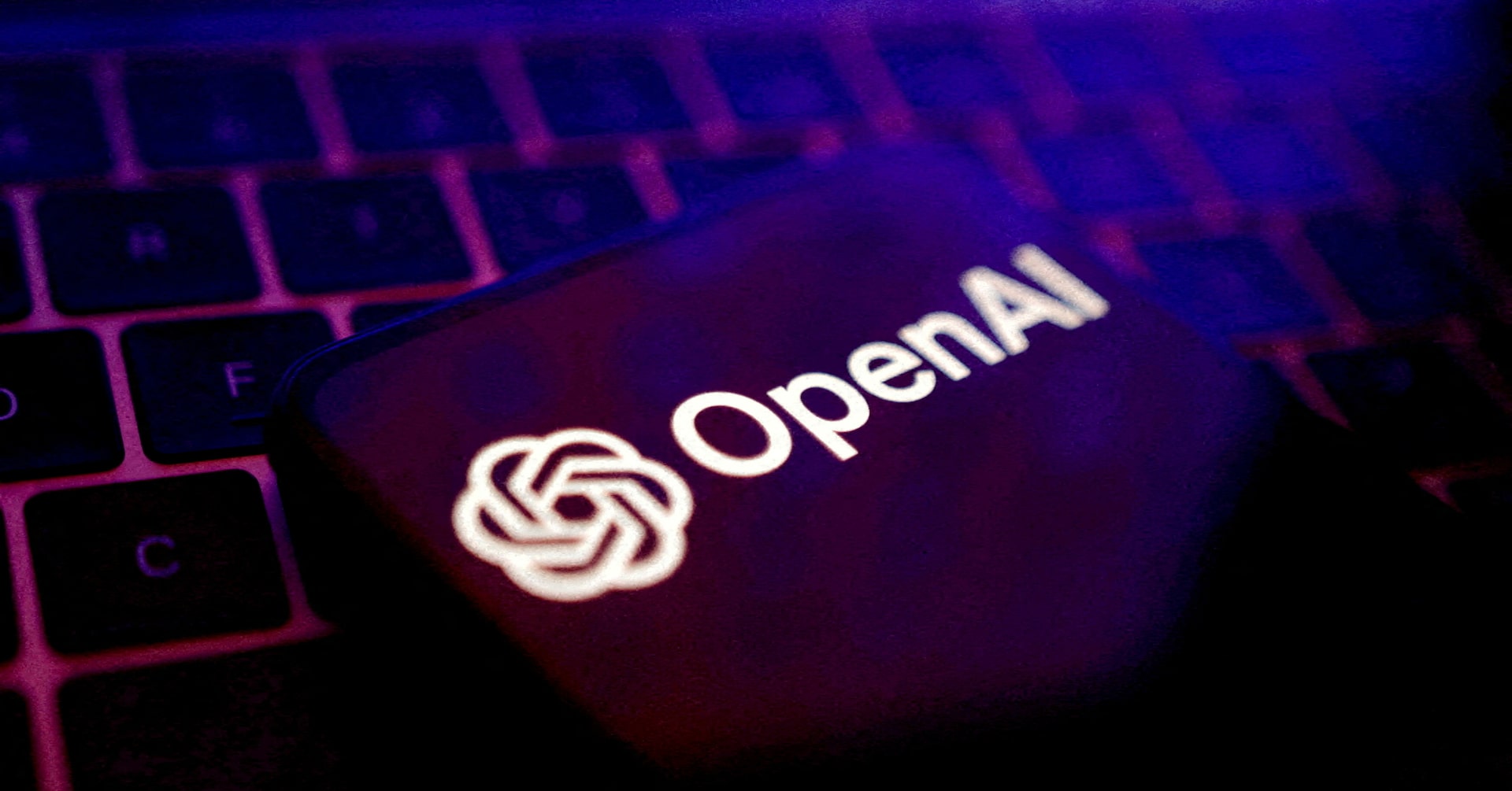OpenAI will let age verified adults access mature content on ChatGPT starting December 2025. The change adds age verification, optional assistant personalities, and an advisory AI policy council while raising privacy and AI safety questions.

OpenAI announced on October 14, 2025 that ChatGPT will permit mature content, including erotica, for users who complete age verification. The rollout is scheduled to begin in December 2025. The company says it tightened content rules earlier to protect users in mental distress, but those guardrails limited useful functionality for many adults.
The update moves ChatGPT toward tiered access. Verified adults will be able to opt in to mature content and to optional assistant personalities. OpenAI plans an advisory AI policy council to help guide safety and transparency around the new settings.
This is one of OpenAI's biggest relaxations of content rules to date. For businesses and developers that integrate ChatGPT, the change affects product strategy, compliance, and user experience. It also touches on privacy and content moderation because age verification can require new data handling practices.
Age verification is technically and legally complex. Options range from simple self attestation to document checks or third party identity providers. Each choice trades off accuracy, user friction, and privacy risk. OpenAI must also consider how to protect vulnerable adults who may still need mental health guardrails even after verification.
Expect regulators and policy makers to scrutinize youth protection and data privacy as this rollout unfolds. If OpenAI implements privacy preserving age verification and strong AI safety measures, other providers may follow with similar tiered access models. If not, the move could trigger calls for stricter regulation and higher compliance costs across the industry.
OpenAI's decision to allow mature content for age verified adults reflects a broader trend in AI content governance toward treating adult users as adults while preserving defaults that protect minors and vulnerable users. The success of this approach will depend on trustworthy verification, transparent moderation, and strong AI safety practices. Businesses should watch implementation details closely and prepare for both opportunities and obligations that come with tiered AI access.



